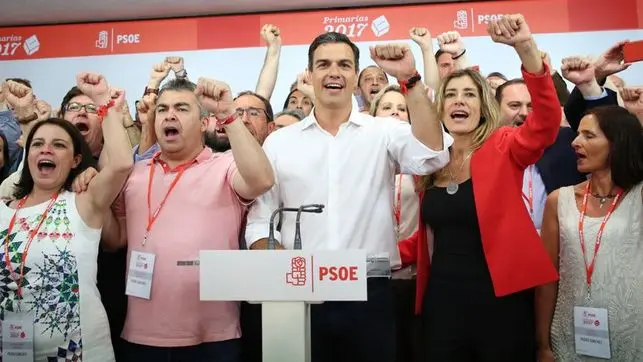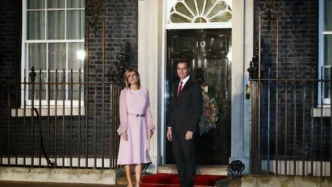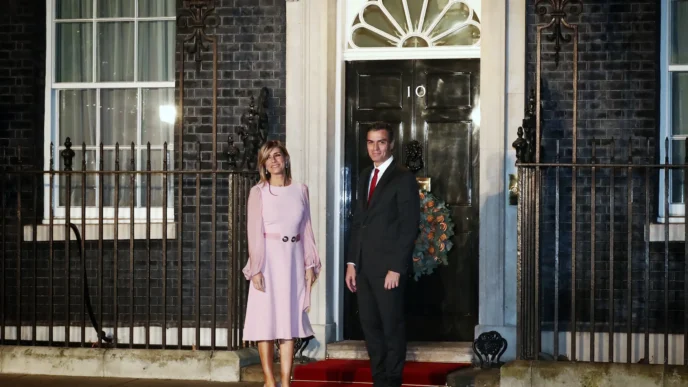Spain Moves to End Biannual Clock Changes in the EU by 2026
The Spanish government announced it will formally propose that the European Union abolish seasonal clock changes starting in 2026. Currently, EU member states adjust their clocks twice a year—a practice the government calls obsolete, ineffective for energy savings, and disruptive to citizens’ biological rhythms.
The announcement comes just days before the next scheduled clock change. Prime Minister Pedro Sánchez defended the move in a video on X, saying: “Changing the time twice a year no longer makes sense.”
Cambiar la hora dos veces al año ya no tiene sentido.
— Pedro Sánchez (@sanchezcastejon) October 20, 2025
Apenas ayuda a ahorrar energía y tiene un impacto negativo en la salud y en la vida de la gente.
Por eso, hoy el Gobierno de España propondrá a la UE acabar con el cambio de hora estacional en el Consejo de Energía y… pic.twitter.com/LA9UM0HVfG
Health and Energy Concerns Drive the Proposal
Sánchez emphasized that the proposal is supported by both public opinion and scientific research. “In all surveys, a majority of Spaniards and Europeans oppose changing the clocks,” he said. “Science confirms there is no longer any energy-saving benefit, and it disrupts our biological rhythms twice a year.”
Félix Bolaños, Minister of the Presidency, Justice, and Relations with Parliament, explained that the practice no longer meets its 1980 objectives. “There has been significant societal and technological evolution since then,” Bolaños said. “Today, clock changes cause sleep disturbances and disrupt daily routines. Ending them is a reasonable proposal for modern times.”
Vice President Yolanda Díaz added that eliminating seasonal changes could improve worker health and productivity, noting: “The time change interferes with the well-being of employees.”
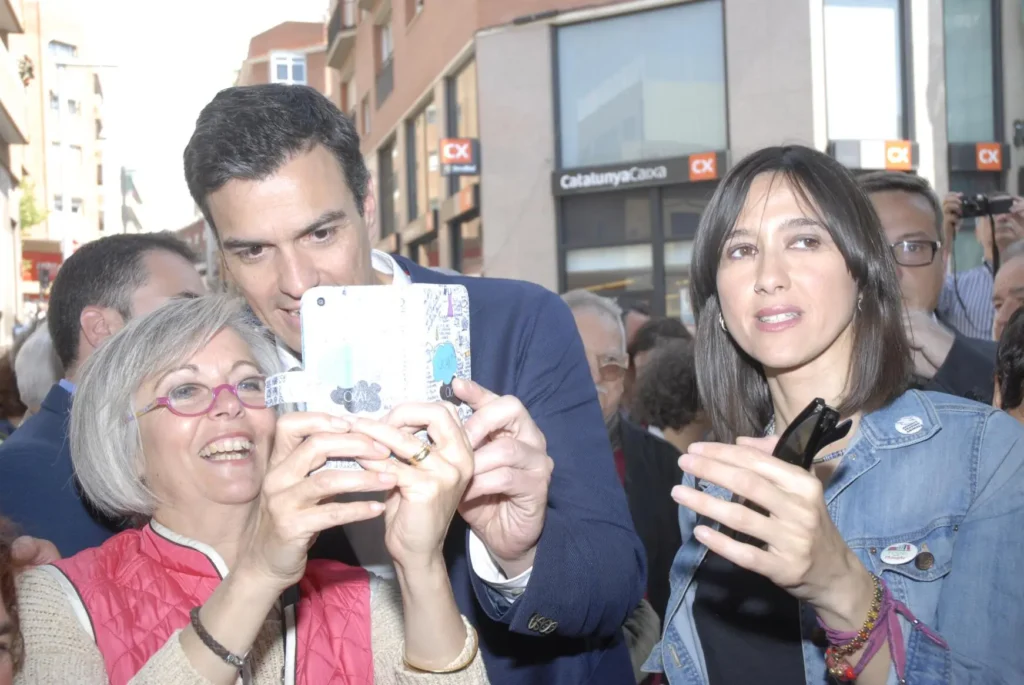
A Proposal Years in the Making
Spain’s initiative builds on a long-standing EU debate. Six years ago, the EU voted on ending biannual clock adjustments, which are synchronized across all member states. At the time, a majority of Europeans supported maintaining a single, consistent time year-round.
Teresa Ribera, Vice President of the European Commission, told TVE: “Now is the right time to implement the change.”
Government sources highlighted a 2018 citizen consultation with 4.6 million participants, 84% of whom favored ending seasonal clock changes. In 2019, the European Parliament approved the measure with 63% support, but final implementation stalled due to the need for a qualified majority in the EU Council.
Sánchez confirmed that Spain will formally reintroduce the proposal at the Council of Transport, Telecommunications, and Energy, attended by ministers from all 27 member states. Officials say 2026 is an opportune moment, coinciding with the end of the EU’s current five-year schedule for time changes.
Political Reactions and Criticism
The proposal has faced criticism from opposition parties, notably the People’s Party (PP). PP sources argue that Spaniards are largely unconcerned about clock changes and accuse Sánchez of using the proposal for political distraction. “If the day had 25 hours, it would still be a corrupt government,” said one spokesperson.
Cuca Gamarra, PP Deputy Secretary for Institutional Renewal, told RNE’s Las Mañanas that the plan is a “ploy to shift public attention away from judicial matters.” She noted that while the PP supports stable time in its programs, any policy must comply with EU regulations.
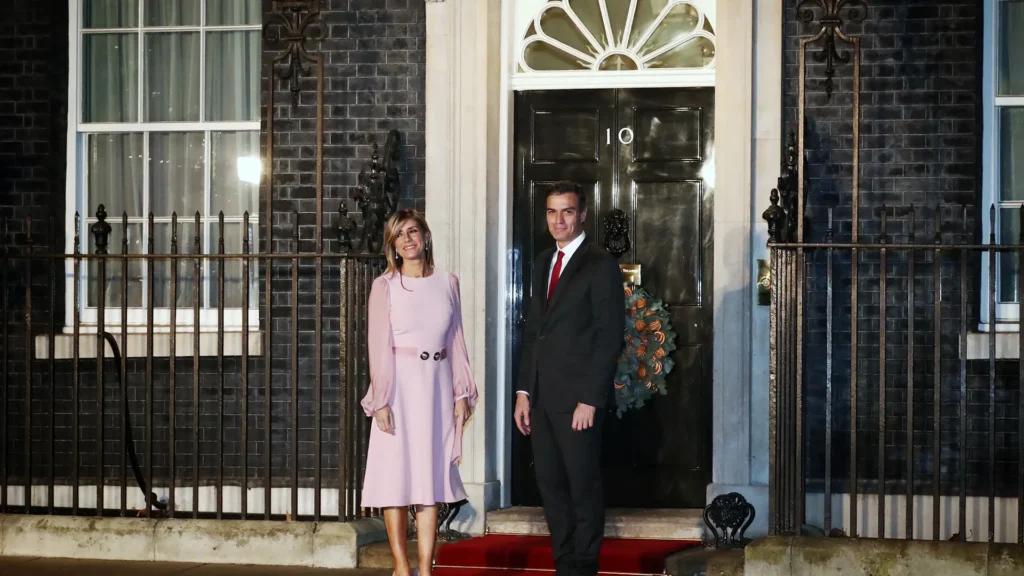
Next Steps
Spain’s formal proposal will reignite the EU-wide debate on ending biannual clock adjustments. Member states will need to vote, requiring a qualified majority for approval.
The Spanish government argues that ending seasonal clock changes could improve public health, sleep quality, and work efficiency, while also reflecting citizen preferences and scientific findings.
As 2026 approaches, all eyes will be on whether this longstanding EU tradition of changing clocks twice a year will finally come to an end.
🟦 Key Facts at a Glance
- Proposal: Spain will advocate ending biannual clock changes in the EU by 2026
- Reasoning: Practice considered obsolete, ineffective for energy savings, disrupts biological rhythms
- Public Support: 2018 citizen consultation (84% in favor); 2019 European Parliament vote (63% support)
- Next Steps: Proposal to be presented at the EU Council of Transport, Telecommunications, and Energy
- Opposition: Criticism from PP, citing political motives and limited relevance to citizens
Information Source:
Photo Attribution:
Photo: Pedro Sánchez and Begoña Gómez at Number 10 for NATO leaders meeting (3 Dec 2019) by Ministry of the Presidency, Government of Spain / La Moncloa. Licensed under the Government of Spain’s legal notice (free use with attribution and date, no distortion).
Photo: Pedro Sánchez after winning the PSOE primaries, singing “La Internacional” (21 May 2017). By Marta Jara / eldiario.es. Licensed under CC BY-SA 3.0 Spain.
Visita de Pedro Sánchez. Núria Parlon Gil / Flickr / Wikimedia Commons (CC BY 2.0)
 English
English Español
Español
